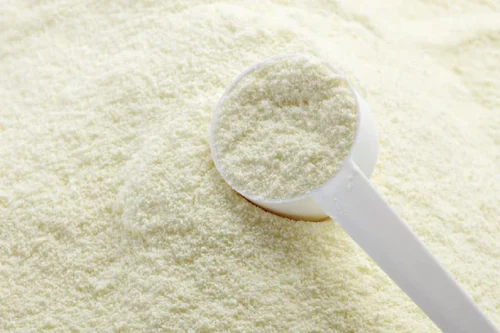The government has imposed an immediate ban on the importation of milk powder from neighboring countries in an effort to protect local dairy farmers from what it describes as unfair market competition.
Agriculture Cabinet Secretary Mutahi Kagwe, speaking in Naivasha, said the decision follows a notable rise in local milk production, which now places Kenya as Africa’s second-largest dairy producer after Egypt.
Kagwe explained that the influx of imported milk powder had destabilised local prices, undermining the profitability of small-scale farmers.
“We want to warn those illegally importing milk powder into the country that we know what they’re doing, and they must stop,” Kagwe said. “Everything consumed by human beings must be vetted and verified. That’s why we also banned the street hawking of milk, because it had become a public health concern.”
The CS said the ministry had received reports of consumers, particularly children, falling ill after consuming unregulated milk sold in informal markets. “We started getting complaints from mothers about children suffering from diarrhoea. The milk industry has to be properly regulated, and the regulations have already been published,” he said.
Kagwe added that the government is inviting stakeholders in the dairy sector to participate in consultations on the new regulatory framework to strengthen consumer safety and industry standards.
The move has sparked mixed reactions—farmers have praised the ban as long overdue protection against cheap imports, while traders warn that it could temporarily affect milk prices and supply. The ministry insists the suspension is a short-term measure meant to stabilise the domestic market and ensure food safety.



















